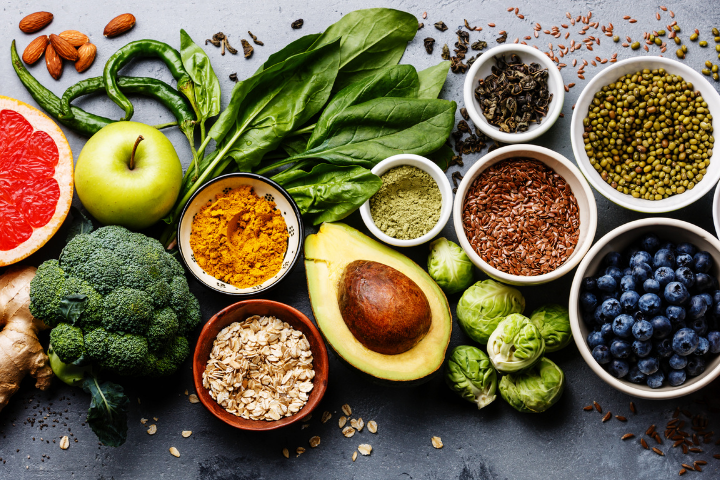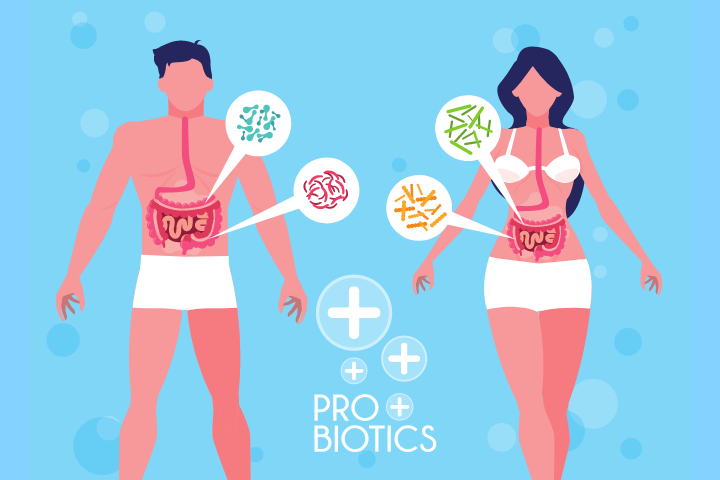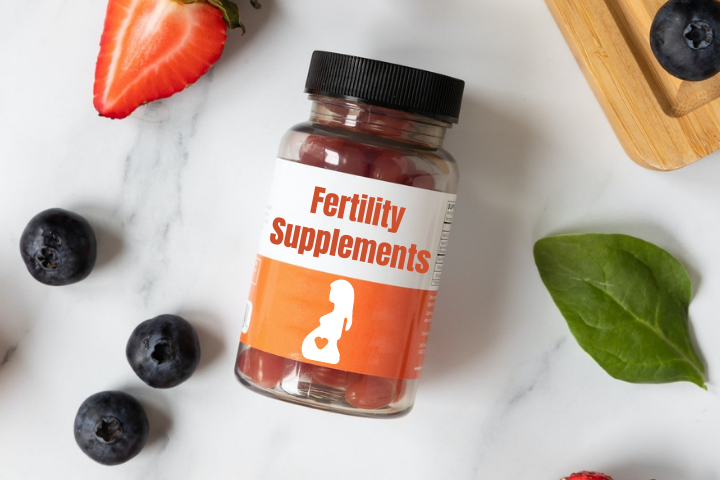While pineapples are often associated with tropical vacations and sweet treats, they also hold a deeper meaning in the world of fertility. This colorful fruit has become an emblem of hope and struggle for many facing infertility challenges.
Here we’ll explore why the pineapple became a symbol of infertility, how it serves as a beacon of support and solidarity, and whether it can help boost fertility.
How did pineapples become the symbol of infertility?
In fertility circles it’s common to see images of pineapples on clothing, jewelry, and social media posts. It serves as a silent yet powerful expression of empathy and shared experience.
There are several theories as to why it is used to represent infertility. One of them is it provides a more positive imagery than the needles and medications often associated with infertility treatments. The pineapple stands as a positive and neutral symbol. Many find solace and strength in its image, incorporating it into items used throughout their IVF journey.
The pineapple’s distinctive structure, with its stout body and crown-like top, serves as a metaphor for standing tall and dignified amidst the trials of infertility. This provides a counter-narrative to feelings of inadequacy or guilt that can often accompany the diagnosis.
However, it isn’t just its positive imagery that has helped it become a symbol of infertility. Pineapples contain an enzyme known as bromelain, which some believe may assist with embryo implantation. This adds a potential physiological dimension to its symbolic value. While this theory has not been conclusively proven by scientific research, it contributes to the pineapple’s appeal as a symbol of hope and potential aid in the conception process.
Can eating pineapple increase your chances of conception?
Bromelain, an enzyme found in the juice and core of the pineapple, is thought to have anti-inflammatory and blood-thinning properties. These characteristics have led to speculation that it may improve the uterine lining and aid embryo implantation. This is a critical step in successful conception.
However, it’s essential to note that there is no definitive scientific evidence linking pineapple consumption directly to increased fertility or higher conception rates. So, while the idea of pineapple as a fertility booster may be appealing, you need to understand that it may not work.
That being said, incorporating pineapple into your diet isn’t going to hurt you and it does have health-boosting properties. A comprehensive review found that consuming pineapple can help reduce the risk of diabetes. It also can regulate emotional stability, improve bowel health, and act as an antioxidant.
For those navigating the challenges of fertility treatments, the act of eating pineapple may offer a psychological boost, even if the physical benefits remain unproven. It also gives you a sense of community, helping you connect with others who may also be struggling with fertility.
So, while enjoying pineapple should not be seen as a guaranteed path to pregnancy, there’s nothing wrong with enjoying the sweet tropical fruit as part of a healthy diet. Studies have shown that a healthy diet can improve fertility. While a diet high in trans fats, added sugars, and refined carbohydrates can have a negative impact on fertility.
If you are struggling with infertility, schedule a consultation with GENESIS today. Our friendly and supportive specialists have been helping people achieve their dream of becoming parents for over 35 years. Together, we’ll get to the root of the issue and create a tailored treatment plan to fit your unique circumstances.
If you would like to learn more about GENESIS Fertility New York or are ready to schedule an appointment, please speak with one of our representatives at 929-605-5467.






